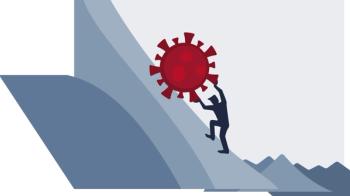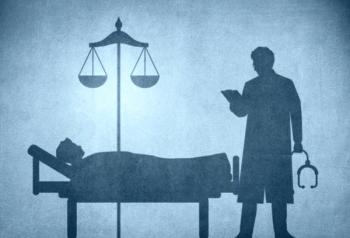Ethical and Moral Rationing Decisions in Medicine, Psychiatry, and the Pandemic
Rationing of crucial materials during the pandemic, like masks and vaccines, has become a matter of life and death.
PSYCHIATRIC VIEWS ON THE DAILY NEWS
Having devoted my 50-year career in psychiatry to public community mental health for the poor, rationing care was part and parcel of my clinics’ policies, procedures, and individual patient care decisions. We never had anywhere near the financial resources to provide the ideal and best care we could, and certainly had less funding than available for the more well-to-do.
I also experienced that challenge in a different way in running a captivated not-for-profit academic managed care system. In my book The Ethical Way: Challenges & Solutions for Managed Behavioral Healthcare,2 I presented the ethical challenges of using the funds as fairly as possible.
The rationing challenge has come to public attention during our pandemic, whether with the variable availability of vaccines, therapeutic drugs, testing, staff, or the most effective masks, at least for those who want them. These decisions often have life and death implications.
Most recently, a very promising new medication for COVID-19 known as Paxlovid has become available, but for now at very limited supply. Some recommend prioritizing those with weakened immunity, the elderly in nursing homes, or minority groups due to increased vulnerability. Of course, those who decide not to vaccinate or wear a mask have increased vulnerability, but also endanger others. States are using different priorities for distributing what they have to pharmacies.
In my professional administrative and clinical work with limited resources, I tried to at least fulfill the American Medical Association ethical principle of competent, basic care to all. However, if a loved one of mine was involved, my personal decision would be to do everything possible to obtain the best. That process tends to leave me with some moral conflict that I partially solved with this principle:
I will do the best I can under the given circumstances.
Dr Moffic is an award-winning psychiatrist who has specialized in the cultural and ethical aspects of psychiatry. A prolific writer and speaker, he received the one-time designation of Hero of Public Psychiatry from the Assembly of the American Psychiatric Association in 2002. He is an advocate for mental health issues relate to climate instability, burnout, Islamophobia, and anti-Semitism for a better world. He serves on the Editorial Board of Psychiatric TimesTM.
References
1. Robbins R. Lifesaving Covid treatments face rationing as virus surges again. The New York Times. January 6, 2022. Accessed January 14, 2022.
2. Moffic HS. The Ethical Way: Challenges & Solutions for Managed Behavioral Healthcare. Jossey-Bass; 1997.
Newsletter
Receive trusted psychiatric news, expert analysis, and clinical insights — subscribe today to support your practice and your patients.







